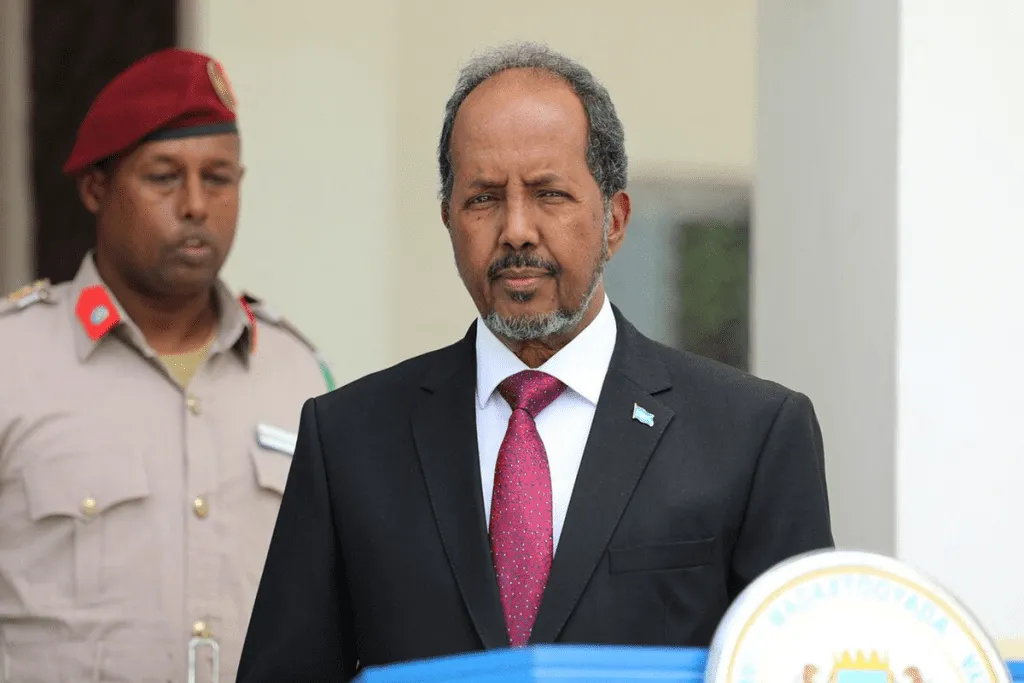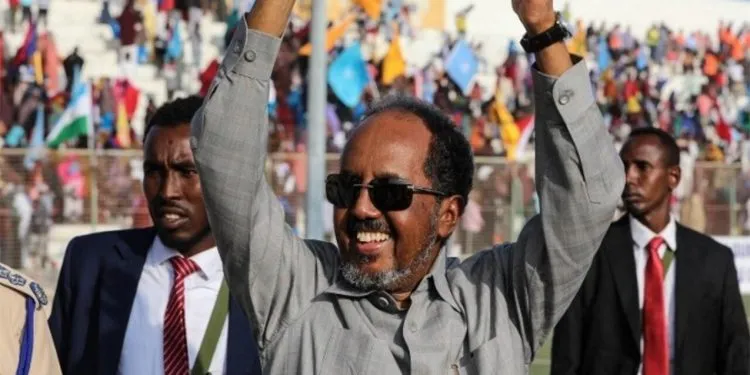Somali government officials have agreed to end the country’s indirect voting system and replace it with a “one-person, one-vote system” by 2024. “The reform aims to encourage the multiparty political system that is independent and “corruption-free”
The agreement comes after President Hassan Sheikh Mohamud pledged to support universal suffrage in March. He was elected in 2022 during a political crisis in which the national and local delegates could not agree on how to pick a president.
“Politics is not about dominance, it is about organisation of ideas and therefore, the clan politics is not relevant to the Somali national politics,” Mohamud said during his speech on direct voting.

This new system of direct voting would replace the current process, where clan elders elect delegates who then elect all regional and national political positions. In 2019 Somali officials attempted to pass legislation to achieve universal suffrage, but it fell apart to political division and conflict.
This is one of many other reforms to the political structure. One other reform would be the removal of the position of prime minister. It would be replaced with a presidential-based system, where the President and Vice President run together and are elected by direct democracy. Essentially switching from a parliamentary system to a presidential system.
Last week, Somalia held its first election by universal suffrage in over 50 years in a local election in the semi-autonomous state of Puntland. The country had not had a one-person, one-vote election since 1969 when former leader Siad Barre seized power. Even though the election in Puntland faced security and conflict issues, the United Nations, African Union, and other governments called it a “historic vote” for the country.
The first administrative election under this new system is scheduled for 30 June 2024, and the election for regional parliaments and presidents will take place on 30 November of the same year.



